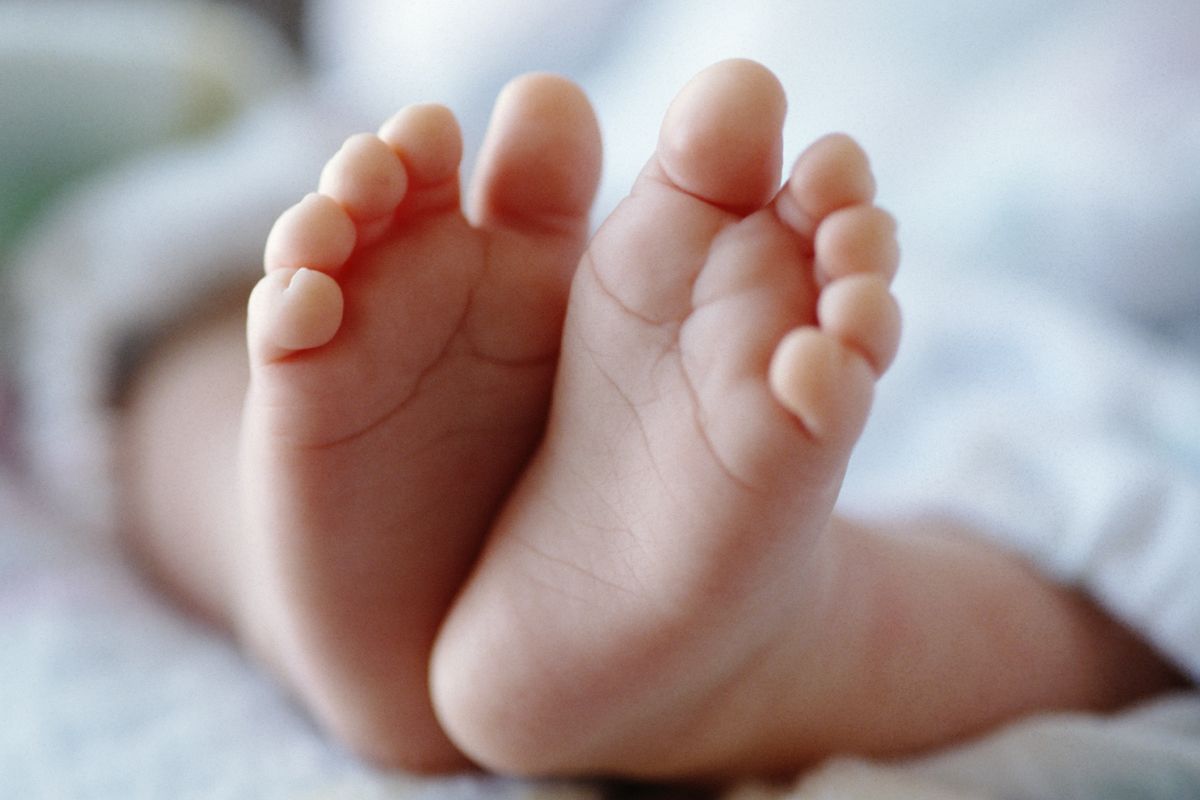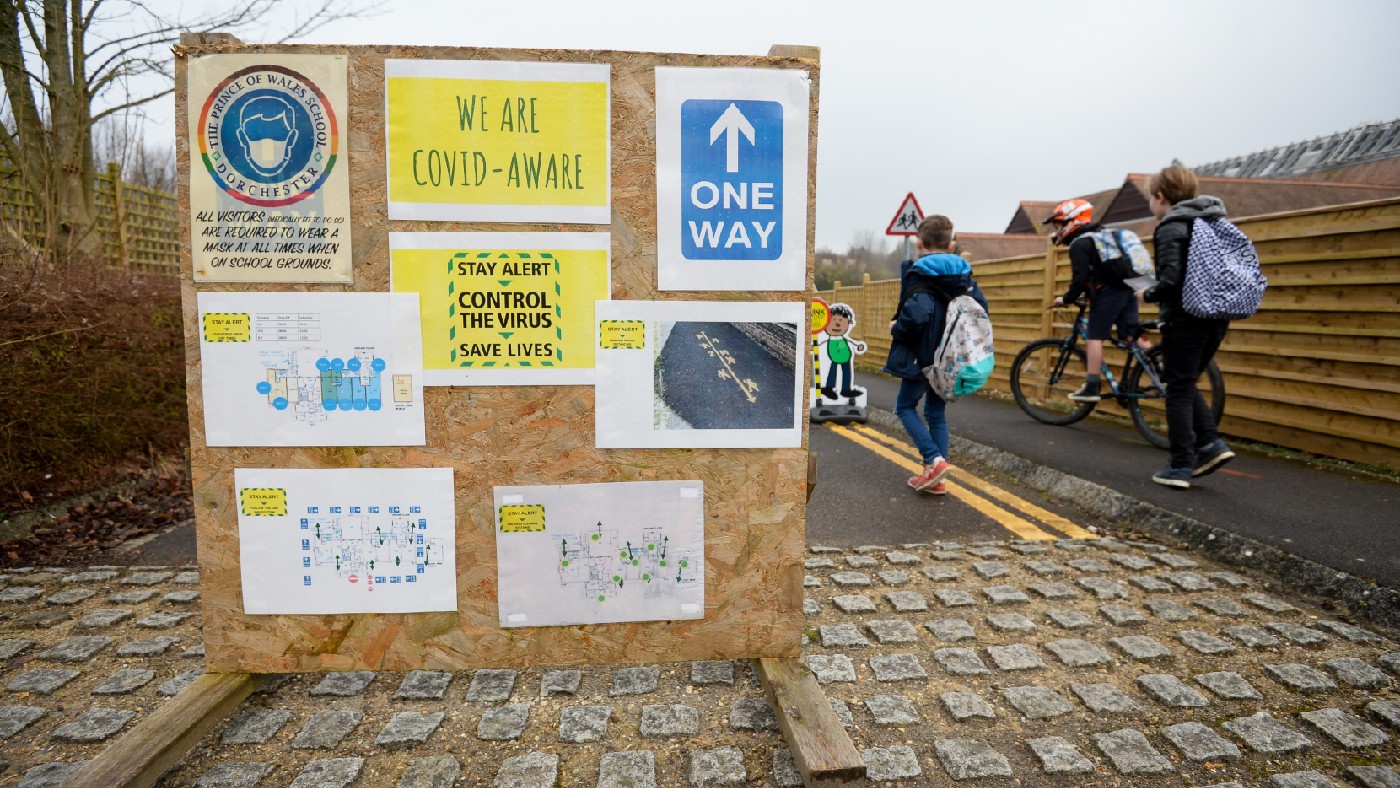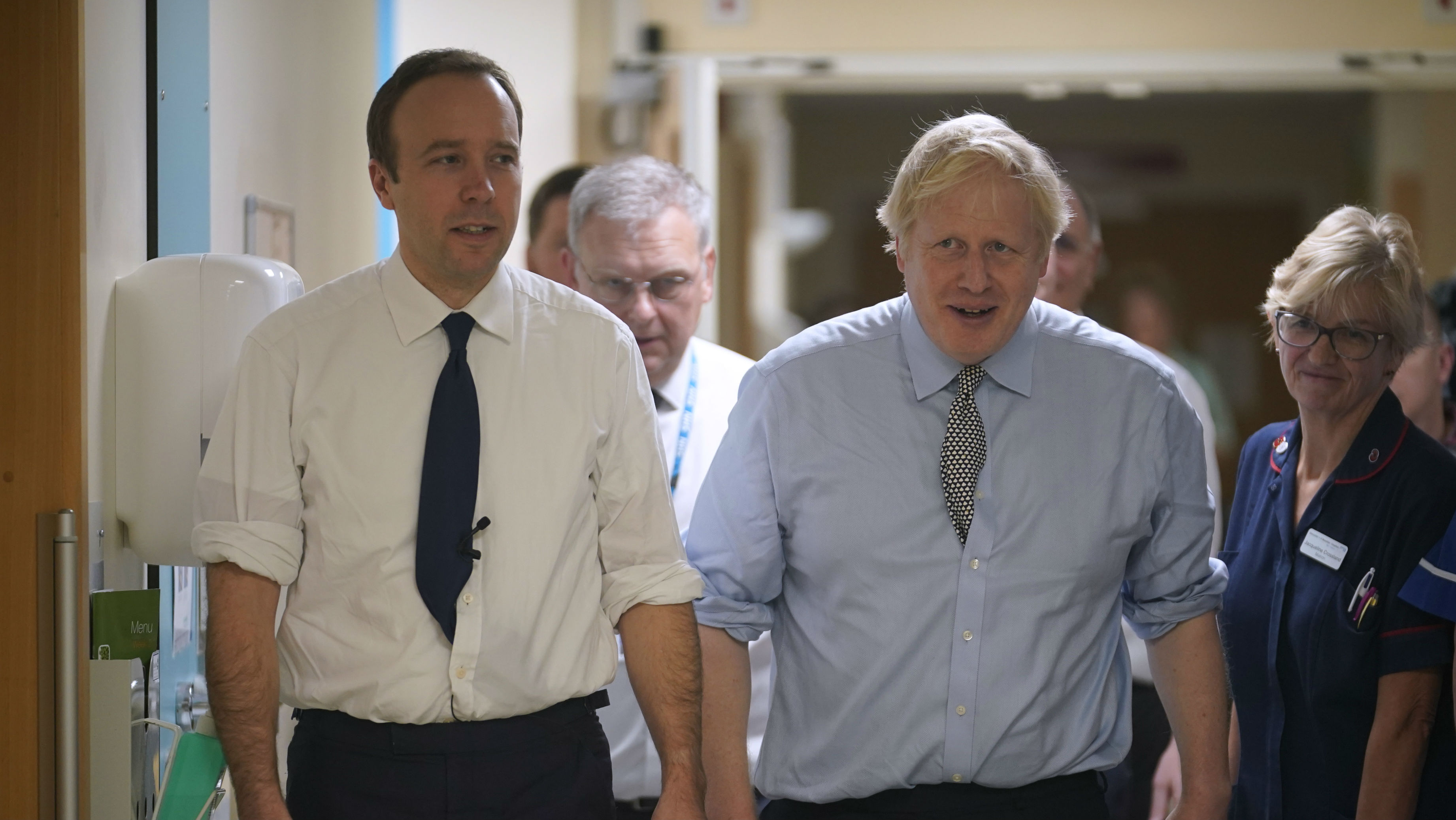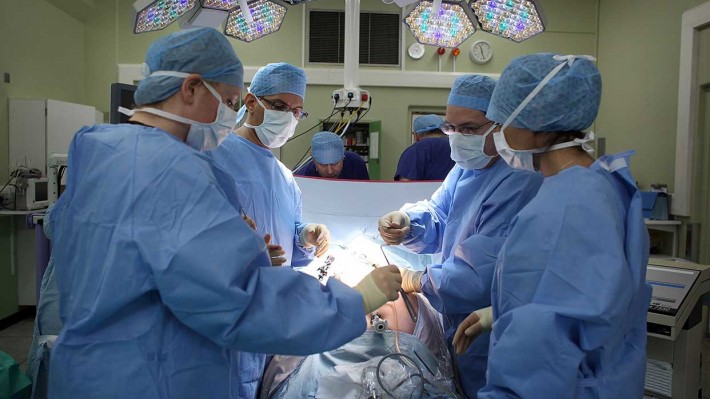Why childbirth is at an all-time low in England and Wales
New data shows number of babies being born is at lowest level since Second World War

A free daily email with the biggest news stories of the day – and the best features from TheWeek.com
You are now subscribed
Your newsletter sign-up was successful
The birth rate in England and Wales has fallen to a record low, with a near 10% drop in the number of babies being born since 2012, according to the Office for National Statistics (ONS).
Newly published figures show there were 657,076 live births in 2018, or 11.1 per 1,000 women - the lowest rate since records began in 1938. Last year was the third in a row that the number of live births has dropped.
The “bombshell” data reveals that fertility rates decreased for women of all ages except those aged 40 and over, among whom they remained level, The Sun reports.
The Week
Escape your echo chamber. Get the facts behind the news, plus analysis from multiple perspectives.

Sign up for The Week's Free Newsletters
From our morning news briefing to a weekly Good News Newsletter, get the best of The Week delivered directly to your inbox.
From our morning news briefing to a weekly Good News Newsletter, get the best of The Week delivered directly to your inbox.
Why is the birth rate falling?
The ONS says the growing trend of postponing starting a family means that there are higher levels of infertility and conception problems.
The average age of mothers in the UK has risen from 26.7 years in 1978 to 30.6 in 2018. And women are now most likely to have their first child between the ages of 30 and 34, compared with 25 and 29 in 2004.
As The Times points out, women today have “improved access to contraception and are more likely to spend longer in education, delay marriage and have longer careers before starting a family”.
A free daily email with the biggest news stories of the day – and the best features from TheWeek.com
In 1964, before the contraceptive pill was approved for use, the average woman had 2.93 children; by last year, this figure had dropped to 1.7 - a decline which “shows that, given the opportunity to control the decision, many women would rather have fewer children”, says the newspaper.
In addition, a growing number of couples are putting off having children because of worries about the economy and the environment.
Housing issues are also a factor, says Sarah Coles, a personal finance analyst at fund manager Hargreaves Lansdown. “Young people are wrestling with higher property prices, so they’re still saving for a property at the age when their parents had moved into their own home and started a family,” she told The Times.
So will the UK’s population stop growing?
No, the UK population is expected to keep growing as people live for longer. In fact, the ONS forecasts that the population will pass 70 million by mid-2029 and reach 72.9 million by 2041 - increases of 6.1% and 10.4%, respectively, from 2017.
Could the birthrate decline affect the economy?
Possible, according to Allan Pacey, professor of andrology at the University of Sheffield, reports the Daily Mail’s online financial arm This is Money.
“It is likely to leave the UK and other countries like us with some interesting economic and social challenges in the years to come, because there will simply be too few young people of working age to support the economy and a disproportionate number of elderly people who require healthcare and pensions to be paid for,” Pacey warns.
He also suggests that “those in charge of healthcare budgets” should fund infertility treatments such as IVF for those who want children but cannot have them. Not to do so, Pacey adds, would be “foolish and short-sighted”.
-
 The environmental cost of GLP-1s
The environmental cost of GLP-1sThe explainer Producing the drugs is a dirty process
-
 Greenland’s capital becomes ground zero for the country’s diplomatic straits
Greenland’s capital becomes ground zero for the country’s diplomatic straitsIN THE SPOTLIGHT A flurry of new consular activity in Nuuk shows how important Greenland has become to Europeans’ anxiety about American imperialism
-
 ‘This is something that happens all too often’
‘This is something that happens all too often’Instant Opinion Opinion, comment and editorials of the day
-
 Neanderthal gene ‘caused up to a million Covid deaths’
Neanderthal gene ‘caused up to a million Covid deaths’Speed Read Genetic tweak found in one in six Britons means cells in the lungs are slower to launch defences
-
 Legalising assisted dying: a complex, fraught and ‘necessary’ debate
Legalising assisted dying: a complex, fraught and ‘necessary’ debateSpeed Read The Assisted Dying Bill – which would allow doctors to assist in the deaths of terminally ill patients – has relevance for ‘millions’
-
 Vaccinating children: it’s decision time for the health secretary as kids return to school
Vaccinating children: it’s decision time for the health secretary as kids return to schoolSpeed Read Sajid Javid readying NHS England to roll out jab for children over 12, amid fears infections will rocket
-
 ‘Vaccination blunts, but does not defeat’: exploring Israel’s fourth Covid wave
‘Vaccination blunts, but does not defeat’: exploring Israel’s fourth Covid waveSpeed Read Two months ago, face masks were consigned to bins. Now the country is in a ‘unique moment of epidemiological doubt’
-
 Thousands told to self-isolate in Covid app pinging error, claims Whitehall whistleblower
Thousands told to self-isolate in Covid app pinging error, claims Whitehall whistleblowerSpeed Read Source says Matt Hancock was privately told of the issue shortly before he resigned as health secretary
-
 Record 5.45m people on NHS England waiting lists
Record 5.45m people on NHS England waiting listsSpeed Read Health chief warns that crisis is nearing ‘boiling point’ as backlog grows
-
 Covid testing: the ‘great new game of holiday roulette’
Covid testing: the ‘great new game of holiday roulette’Speed Read On one day last week, the price of a private PCR test ranged from £23.99 to £575
-
 San Marino is first European country to offer ‘vaccine vacation’
San Marino is first European country to offer ‘vaccine vacation’Speed Read Tiny landlocked nation to give Russian Sputnik vaccine to paying tourists